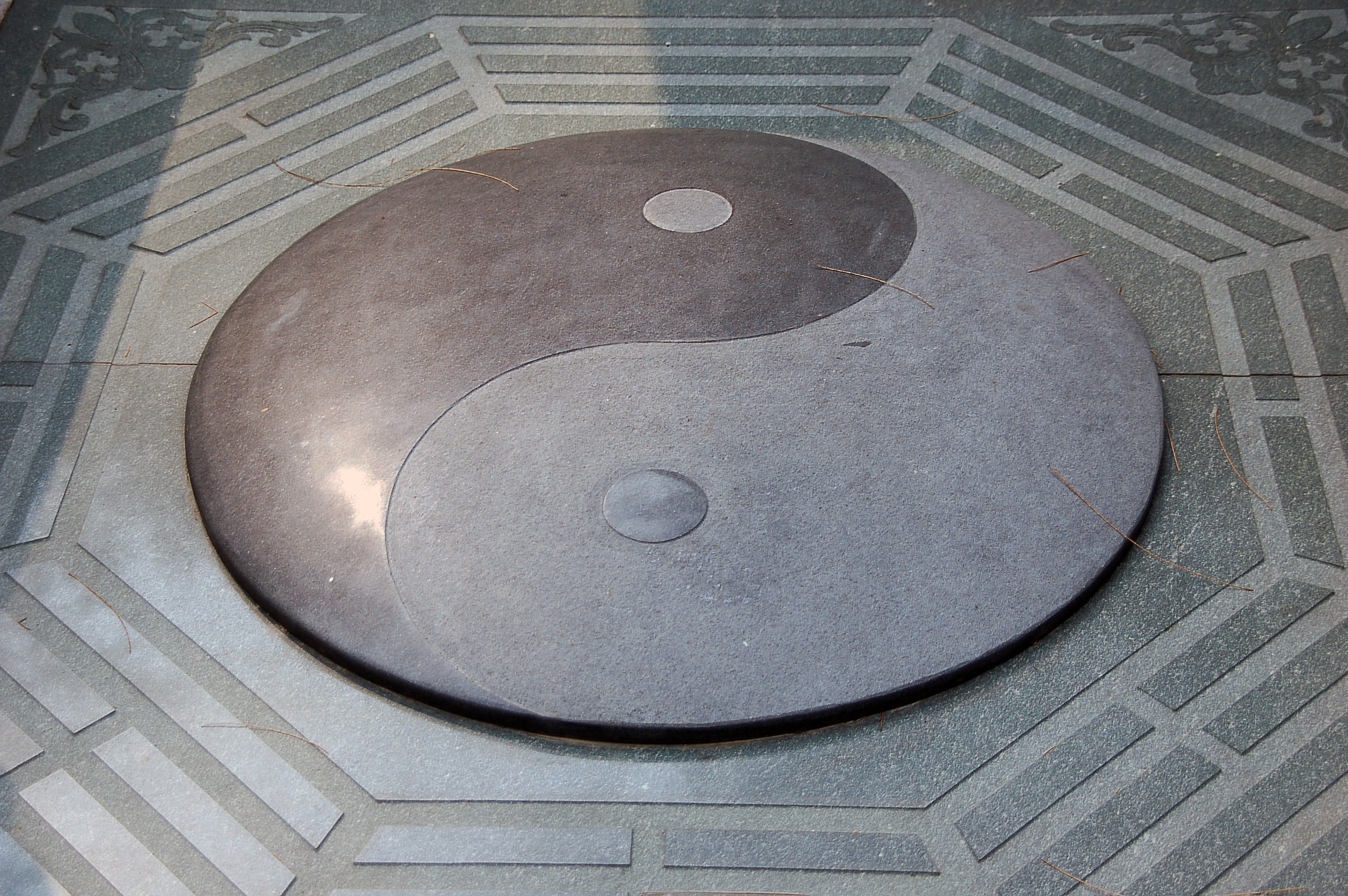Why We Need Theater Now More Than Ever

In 1968 Peter Brook wrote:
In New York, potentially, there is one of the best audiences in the world. Unfortunately, it seldom goes to the theatre. It seldom goes to the theatre because the the prices are too high. Certainly it can afford these prices, but it has been let down too often.
Brook was 43 at the time. A visionary director of stage and screen, he was growing too “experimental” for the classical Shakespeare company in which he’d done much of his groundbreaking early work. Soon he would found the International Center for Theater Research, seeking a raw, immediate theatrical language in which to express universal human themes.
44 years later, as Brook’s luminous production of Can Themba’s The Suit plays at the Brooklyn Academy of Music, the economic situation of New York theater hasn’t much changed. Aside from Chicago, New York may be the most theatergoing town in America. Yet the small percentage of New Yorkers who ever attend a play fall mainly into two camps: the once-a-year Broadway tourists and the friends of actors, playwrights, or directors.
Brook was right about the economics – Broadway is staggeringly expensive, off-Broadway is practically non-existent these days (due to high rents?), and the quality of work in hole-in-the-wall off-off-Broadway spaces (mostly in Brooklyn these days) is wildly uneven, making a night at the theater a gamble few are willing to take. For the cultural intelligentsia of 2013, movies like Django Unchained and epic cable shows like Breaking Bad or Mad Men tend to dominate the conversation instead.
In The Empty Space, Peter Brook’s classic quoted above, the director argues that bad (or “deadly”) theater is a powerful force for ill because when it fails, you’re there right along with it, enduring every excruciating moment with no possibility of self-distancing or escape. “When we say deadly,” Brook writes, “we never mean dead: we mean something depressingly active, yet for this reason capable of change.”
For the same reason theater, when it works, is capable of awakening and connecting us in ways that the screen arts can’t quite manage. Brook, who is now close to 90 years old, proves this yet again with The Suit – a play about a South African wife’s infidelity that the director transforms into a playful yet powerful meditation on love, friendship, and the barely contained violence that squirms beneath the surface of our daily lives.
The Suit is in residence at BAM, which represents a kind of third rail of New York theatergoing. BAM curates theater, dance, film, music, and children’s programming from New York and all over the world, presenting the innovative edge of the performing arts on a sliding scale. How such a venue can sustain itself in the cultural and economic climate of New York, 2013 is beyond the scope of this article. Suffice it to say, BAM is a glorious anomaly. The BAM Harvey Theater, a space renovated in 1987 specifically for Brook’s masterpiece The Mahabarata, is the only place in New York you would find a production like The Suit.
The Suit is not a sweeping, epic tale.The production doesn’t blow you away with ingenious mechanical sets or highly stylized scenes of mass slaughter. Its power lies in Brook’s unparalleled mastery of the art of playing pretend and bringing you, the audience, right along with him. The set is a collection of colorful wooden chairs and coat racks scattered at various angles. Throughout the play, these serve as bus stops, doorways, and sometimes even as chairs and coat racks. Like any great conjurer, Brooks shows you the seams and still manages to seduce you. The night I attended, the audience chuckled as the onstage band put on colorful ladies’ church hats. A moment later, they were simply three old village ladies attending a party.
The narrative, while remarkable, says very little about the experience of seeing this play. It takes place in South Africa during apartheid, and though that country’s trauma crystallizes here and there – for example in a heartbreaking monologue delivered by the magnetic Jared McNeill about a black guitarist whose white attackers cut off his fingers, and who dies singing to them – it’s mostly about Philemon and Tilly, a young married couple. Tilly has an affair. Philemon finds out and surprises the lovers at home. The man runs out, leaving his suit behind. For the rest of the play, Philemon acts as if nothing has changed, with one exception – he demands that Tilly treat the suit as a guest in their home, at their dinner table, in their bed.
In one of the production’s more brilliant twists, Brook pulls off the kind of theatrical trick that would be disastrous in less capable hands. Tilly and Philemon have a party. Cast members go out into the audience, spontaneously inviting three people to join them on stage (in an even more breathtaking twist, one of these was my wife, Demet).
Why does this even work? Why is this not embarrassingly kitschy and awkward? I think it goes back to the element of danger that makes theater unique among art forms. When theater succeeds, the audience collectively enters the alternate world of the play. We become like a single organism, responsive to the slightest change in tempo or tone – childlike in our capacity for surprise and wonder. I call this dangerous because the experience temporarily strips us of everyday defenses. In this new space, anything is possible.
Having united the audience in this way in its first half, The Suit is able to share with all of us the fun and danger of that party (spoiler alert: it ends badly), through the experience of those three volunteers. In doing so, it elevates an unusual and potentially gimmicky breach of the “fourth wall” into a profound emotional event.
This, for me, is the message of Peter Brook’s life work, embodied in The Suit as fully as in any of his productions – that theater is more capable than any other art form of inducing empathy. In these days of instantaneous yet (I’m sorry, but it’s true) superficial interconnectedness, we’re more in need than ever of the unique experience theater can provide.
The Suit is playing at Brooklyn Academy of Music through February 2
Follow Jason Gots (@jgots) on Twitter





